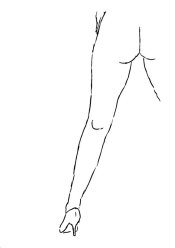Wirelessly posted (BBBold: BlackBerry9000/4.6.0.297 Profile/MIDP-2.0 Configuration/CLDC-1.1 VendorID/102 UP.Link/6.3.0.0.0)
Well, two things. First, as I mentioned I am not familar with White's methodology so I am perhaps the furthest from qualified to make a judgement on it. And second, to be honest, I just wanted to know if someone would bite. Sorry, I'm incorrigible. Well, maybe not ALL of the time.
I am aware, through AA's writings that Minor White's work, while advocating 'a' use of the Zone System, was apparently completely at odds with Adams' rigid, dogmatic technical acumen. According to what I have read, I get the impression that it went so far as to grate his nerves.
Well, two things. First, as I mentioned I am not familar with White's methodology so I am perhaps the furthest from qualified to make a judgement on it. And second, to be honest, I just wanted to know if someone would bite. Sorry, I'm incorrigible. Well, maybe not ALL of the time.
I am aware, through AA's writings that Minor White's work, while advocating 'a' use of the Zone System, was apparently completely at odds with Adams' rigid, dogmatic technical acumen. According to what I have read, I get the impression that it went so far as to grate his nerves.






